Publications
Articles, publications, books, tools and multimedia features from the U.S. Institute of Peace provide the latest news, analysis, research findings, practitioner guides and reports, all related to the conflict zones and issues that are at the center of the Institute’s work to prevent and reduce violent conflict.
Questions and Answers with Scott Smith, Moeed Yusuf, and Colin Cookman, editors
The editors answer questions about their new book, Getting It Right in Afghanistan. As the United States and NATO prepare to withdraw troops from Afghanistan, the editors and contributors to this volume consider the possibilities for peace between the Afghanistan government and the Taliban. The introduction stresses the importance of using existing knowledge to improve the prospects of the end game in Afghanistan. Despite the body of analysis that USIP and many others have produced, policy...
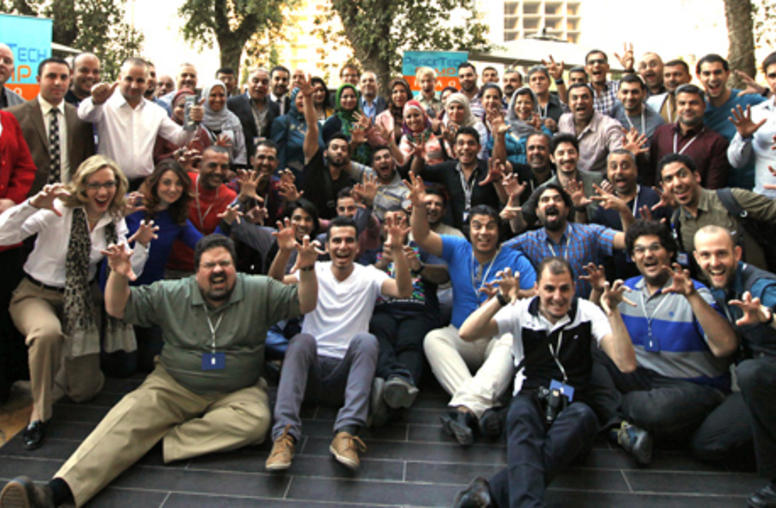
USIP Running ‘PeaceTech Camps’ in Iraq
The U.S. Institute of Peace (USIP) has conducted the first in a series of “PeaceTech Camps” in Iraq, an initiative that connects technologists who are skilled at low-cost, easy-to-use technologies with civil society organizations that work on a range of problems within Iraq.
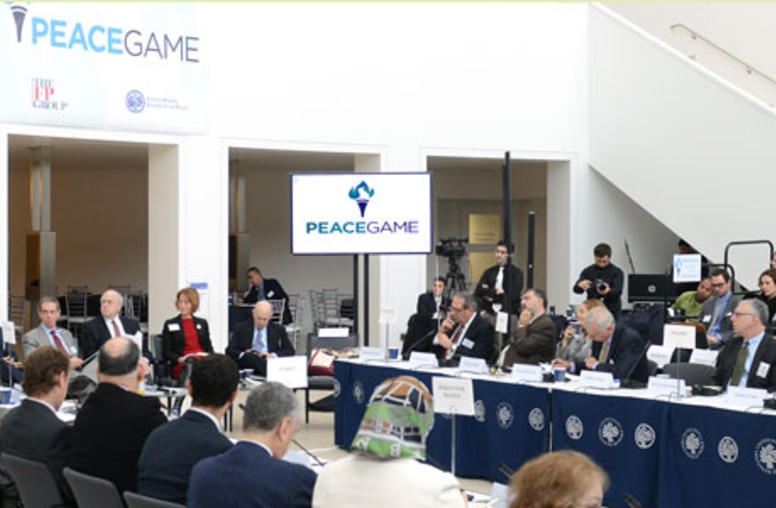
USIP, FP Group Launch Inaugural PeaceGame with Syria Focus
The U.S. Institute of Peace (USIP) and the FP Group jointly held their inaugural “PeaceGame” on December 9 at the Institute, an exercise that drew on a wide range of foreign policy specialists to examine what “the best possible peace for Syria” might look like.
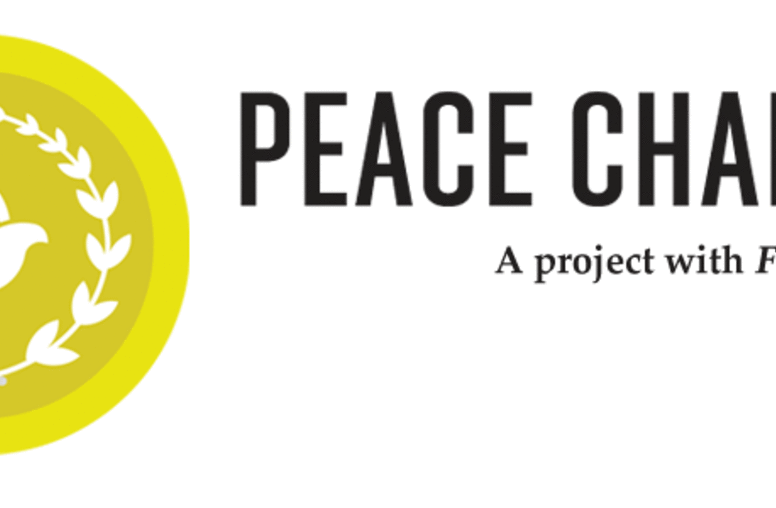
Peace Channel
In collaboration with Foreign Policy magazine, USIP presents the Peace Channel, an online portal for cutting-edge analysis and reporting on peacebuilding.
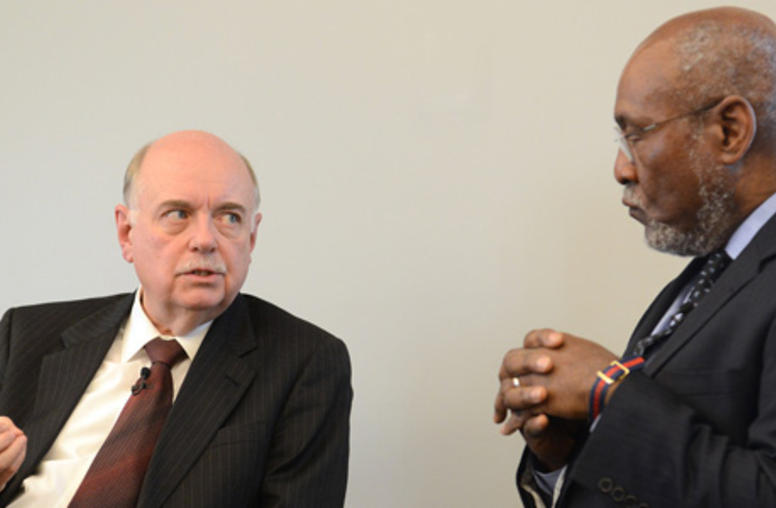
More International Engagement on DRC Needed, Former U.N. Special Rep Says at USIP
The Democratic Republic of the Congo (DRC), though afflicted by conflict for nearly two decades, has made limited progress on several key issues but needs continued international support and engagement to help consolidate the gains, the former special representative to the United Nations secretary general told an audience at the Institute on December 11.
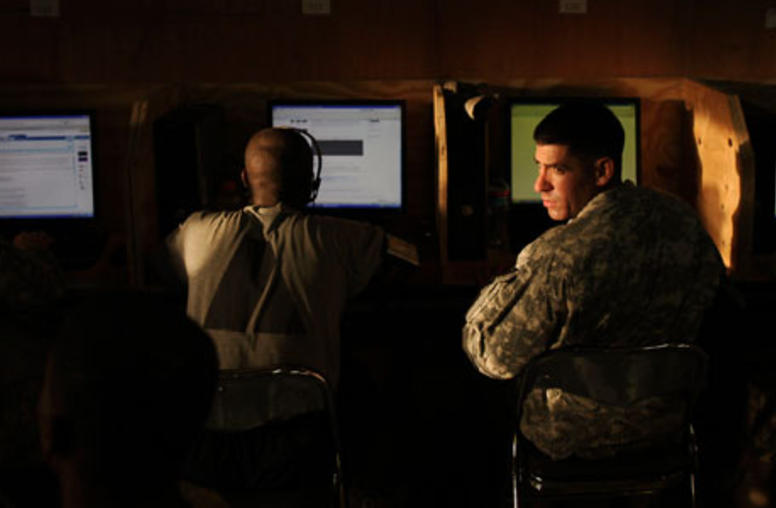
The Quiet Revolution
Technology is changing the way we fight war. But it's also changing the way we make peace.
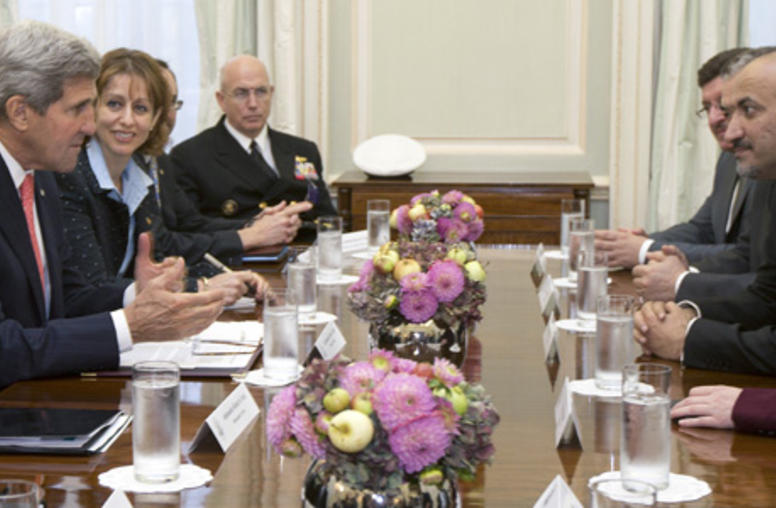
Debate Lessons
What can we learn from other peace processes that could help ease the negotiations in Geneva this January between the Syrian government and the country's fractured opposition? Many seasoned practitioners would argue that since no two conflicts are alike, it is dangerous to assume that what worked in managing one conflict will work in another. At the risk of proving the skeptics right, however, there are a few areas in which earlier conflicts might provide useful lessons for Geneva: identity i...
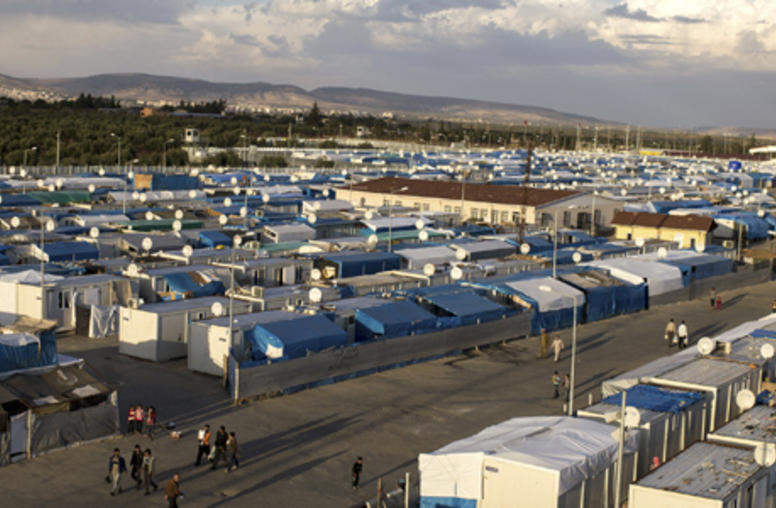
Neighborhood Watch
After nearly 30 months of conflict in Syria, millions of refugees have fled across the country's borders, and violent spillover has touched Turkey, Lebanon, Jordan, Iraq, and Israel. What has been characterized as a civil war has already morphed into a regional power struggle between Saudi Arabia and Iran and heightened sectarian polarization that is eroding stability in Iraq, Lebanon, and Jordan.
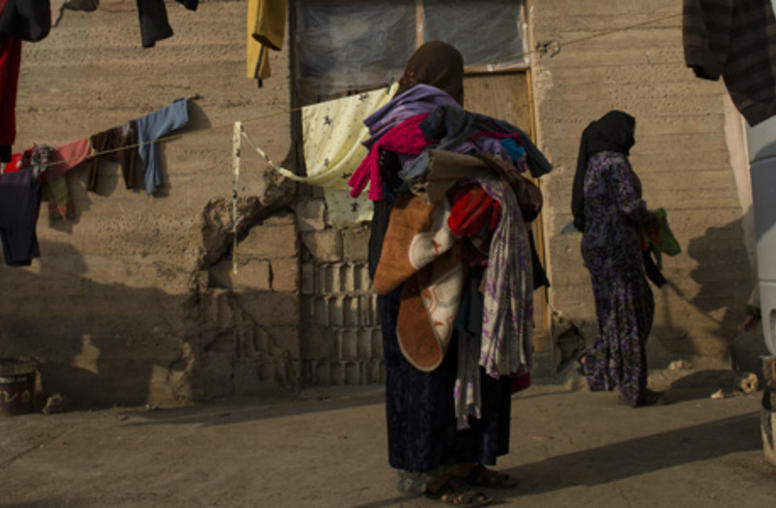
Peace Economics
The Arab Spring rebellions in Tunisia, Libya, Egypt, and Syria raise a crucial question for analysts: Why did authoritarian or kleptocratic rulers lose control over their polities? For decades, these rulers were able to use a combination of repressive and redistributive policies in order to maintain social order. Why did that order break down?
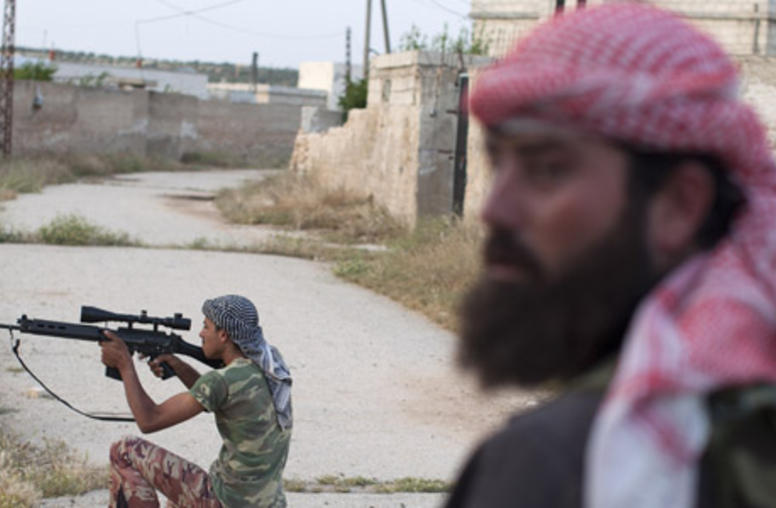
From Ceasefire to Stability
Civil war has created a nationwide security vacuum across Syria. Conflict rages in virtually every one of the country's 13 provinces. Hundreds of thousands of Syrians have been killed or wounded, and millions have been displaced, causing the worst humanitarian crisis since the Rwandan genocide in 1994.